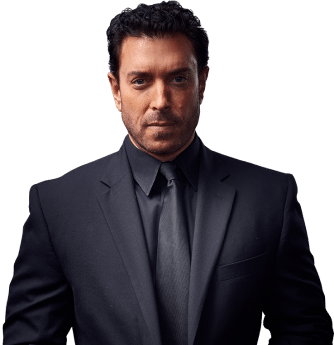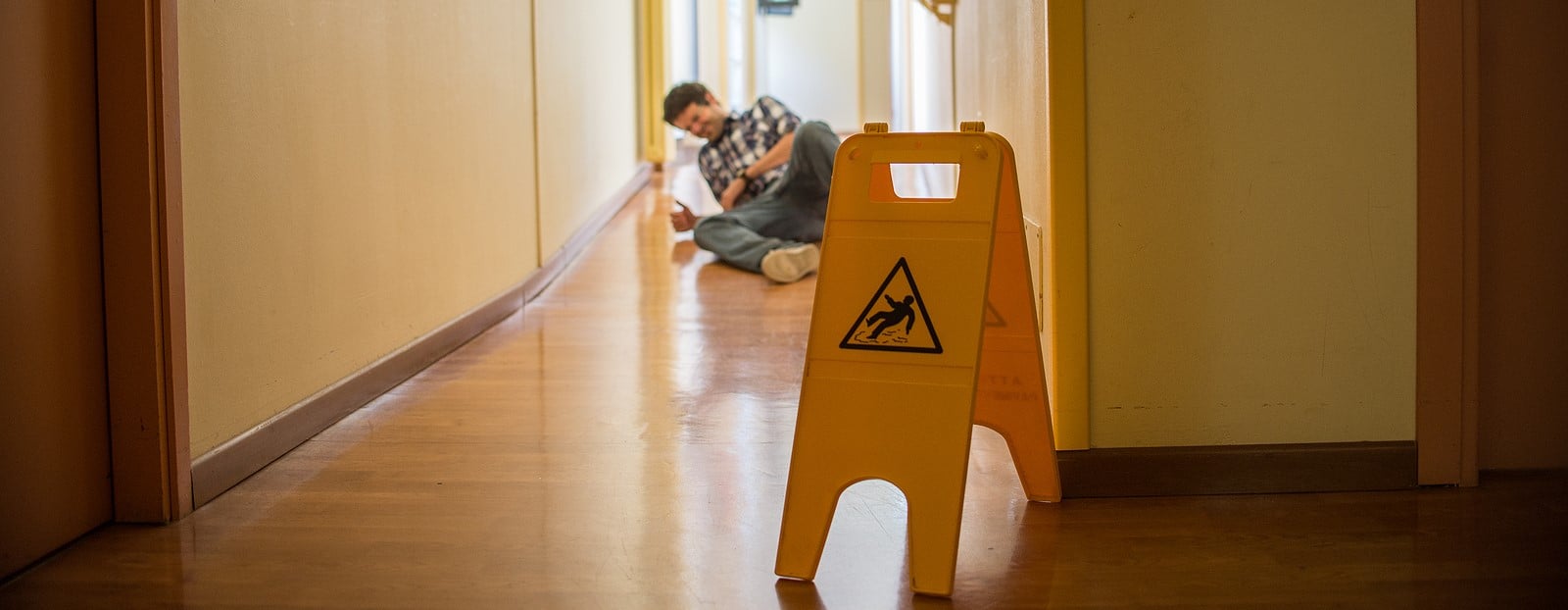Anyone can be badly hurt in a slip-and-fall accident. According to the CDC, unintentional falls were the top cause of nonfatal injuries in 2020. Even among younger people, slipping and falling can result in:
- Fractures
- Soft tissue damage, such as sprains or torn ligaments
- Concussions or other traumatic brain injuries
These painful, lingering injuries can lead to extensive medical bills, lost wages, and other expenses. If you or a loved one has been hurt on someone else’s property, you will need the help of a slip-and-fall attorney who understands the painstaking business of recovering damages according to Georgia law.
What Does The Law Say?
A slip-and-fall case is a tort claim based on the principles of premises liability. Therefore, to prove that the property owner is liable for your accident, you must demonstrate the following elements of a tort claim:
- The property owner had a duty of care towards you while you were on their property;
- They breached that duty of care;
- That caused you to slip and fall, and
- You suffered damages because of that fall.
Under Georgia law, property owners have three different kinds of duty of care to others on their land, depending on whether the people present are invitees, licensees, or trespassers.
Customers, Workers, Guests, and Everyone Else
An invitee is anyone who has been invited onto the property to do business, such as a customer or a worker. The law states that owners have a duty to exercise “ordinary care [to keep] the premises and approaches safe,” and they will be liable for failing to do so. GA Code § 51-3-1.
If you slipped and fell in a business, you must show that
- you did not and could not reasonably have known about the cause of your fall, and
- the owner knew or should have known about it, and
- they did not take ordinary care to fix it.
Typical hazards leading to falls include:
- Slick floors
- Loose carpet
- Hidden stairs
- Entangling wires
- Broken or uneven floor surfaces
In practice, the law is friendly to businesses and property owners, so the owner has defenses to raise. The invitee is also responsible for using “ordinary care” to avoid hazards, and the owner will try to show that they did not. For example, under Georgia case law, an invitee cannot recover damages if they had or should have had “equal knowledge” about the cause of their fall. Everyone knows that rain tends to get inside a building with a busy entryway. Thus, in a case where an owner can show that they took reasonable care to keep their entryway dry on a rainy day, someone who slipped and fell on the wet floor would be unable to recover damages.
An experienced attorney will know how to review the evidence and investigate the site. At The Scott Pryor Law Group, we are familiar with similar cases and the material circumstances of common (and uncommon) slip-and-fall accidents. We deal every day with the insurance companies that handle most business accident claims in Georgia, including workers’ compensation matters for injured employees.
It is also essential to consult an attorney when you or a loved one were injured as a licensee, which includes coming as a guest, cutting through a property, or otherwise being present for any reason of your own. In that case, an owner “is liable to a licensee only for willful or wanton injury”—that is, for being reckless or malicious about the hazards on their property. GA Code § 51-3-2.
This is a trickier position for a plaintiff, as “willful or wanton injury” is very difficult to prove, but there may still be ways to recover. For example, if the defendant recklessly or deliberately caused a distraction, leading the plaintiff to fall, the plaintiff may be able to recover damages. A personal injury attorney can examine the circumstances of the injury, the evidence of the site, and the owner’s insurance coverage to understand whether and how you can recover.
Although most trespassers cannot recover for an injury on another party’s land in Georgia, the law recognizes an exception for children who trespass. Property owners have a duty to secure any areas that might attract the attention of trespassing children—swimming pools, old yard equipment, building sites, and other possible objects of curiosity. This is called the “attractive nuisance” doctrine. If your child fell and hurt themselves while exploring a property without permission, you may be able to recover damages. Our office often works on behalf of minor plaintiffs, and we would be glad to discuss this with your family.
Your Next Steps
If you hurt yourself in a slip-and-fall accident, seek medical assistance, even if your injuries don’t seem severe to you. Some injuries can “hide,” especially head trauma. Other seemingly mild injuries, such as sprains, can cause months or years of pain and impairment if they are not treated properly. In the meantime, take pictures of the hazard and the area if possible.
Georgia law provides only two years to file a personal injury lawsuit, and even less if the accident happened on state property, so don’t delay. The Scott Pryor Law Group can provide you with the skills and experience of seasoned Gwinnett County personal injury attorneys. Better yet, you don’t have to pay us unless we win your case or settle a claim in your favor. Call us at 678-325-3434, and schedule an appointment today.





 6185 Crooked Creek Rd NW Ste. H
6185 Crooked Creek Rd NW Ste. H Se Habla Español
Se Habla Español






